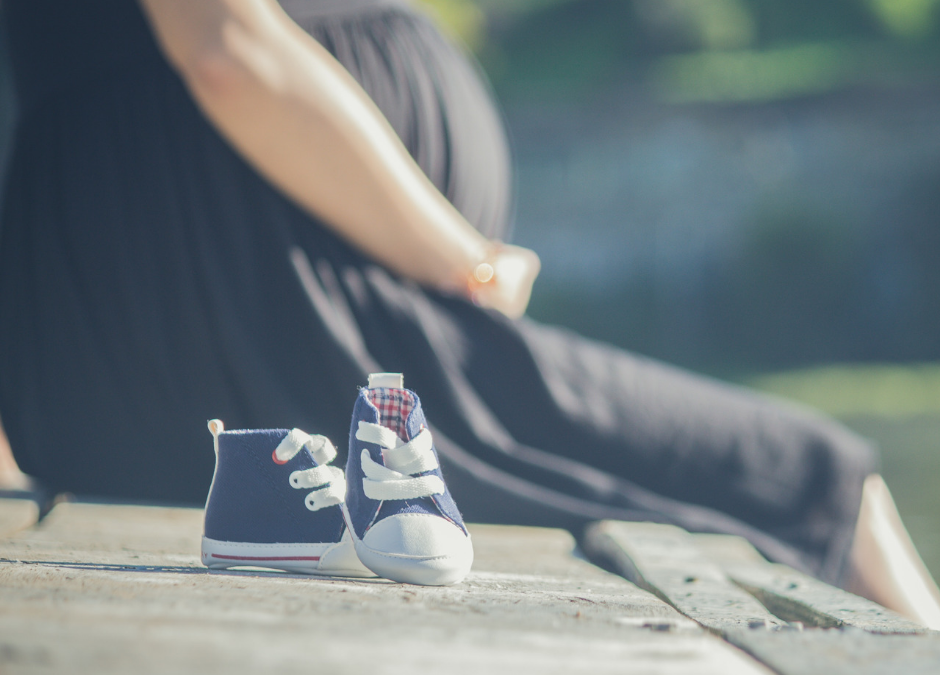Patients often ask if they can be treated during pregnancy, if what they are experiencing is normal and what they should be doing to help their bodies during pregnancy and after.
When asked about pain and discomfort my response is usually that your experience is unique to you but I have helped many other pregnant women deal with similar. I can also reassure you that our body is normally well equipped to take you through pregnancy and labour, and that I am here to help.
Pains that were there before could be linked to working, life and leisure activities but may reduce in intensity as the body changes in shape, and your posture and activities are adapted as pregnancy progresses. For example, less time sitting at a desk in one position can reduce back pain, stopping HIT or bootcamp classes may ease shoulders and knees aches…
As your body changes shape and size new symptoms can be felt. Changes in center of gravity, day and night positions and energy levels vary the way your body is used. It is common to report pain in the neck, shoulders, upper and lower back and pelvis. Varying position and activity throughout the day can help your body adapt. Get up and move around, sit in supportive chairs and don’t slouch (a cushion against your lower back can help). Towards the end of the last trimester your back may thank you for sitting on a yoga ball to watch TV instead of calapsing on the sofa. Walking is also incredibly helpful for most back ache. The mechanics of walking and the movement of joints have restorative effects on joints and help relieve swelling, which in turn can reduce pain and help maintain normal activities.
Tired and swollen legs can also be helped by walking, but if this is too challenging you can try walking in the swimming pool to take some of the pressure off of your joints. Swimming can also help back and neck pain. Try front crawl and back crawl.
One of the other sites of discomfort is around the pubis. Pain here can increase when walking, climbing stairs, turning in bed and getting out of a chair or car. This can be relieved by keeping your knees together when turning in bed and getting out of the car, sleeping with a pillow between your knees, sit down when getting dressed and take stairs one step at a time. Strengthening pelvic floor muscles is important during and after pregnancy, but these exercises (also called ‘Kegel’ exercises) can also help relieve your pubic pain.
Please always remember that aches and pains should not feel worse the day after exercise, and if symptoms are increasing, stopping you from conducting your normal life or are accompanied by headaches, tummy pain, discharge, feeling unwell or other concerns it is wise to seek help from a medical professional.


Recent Comments